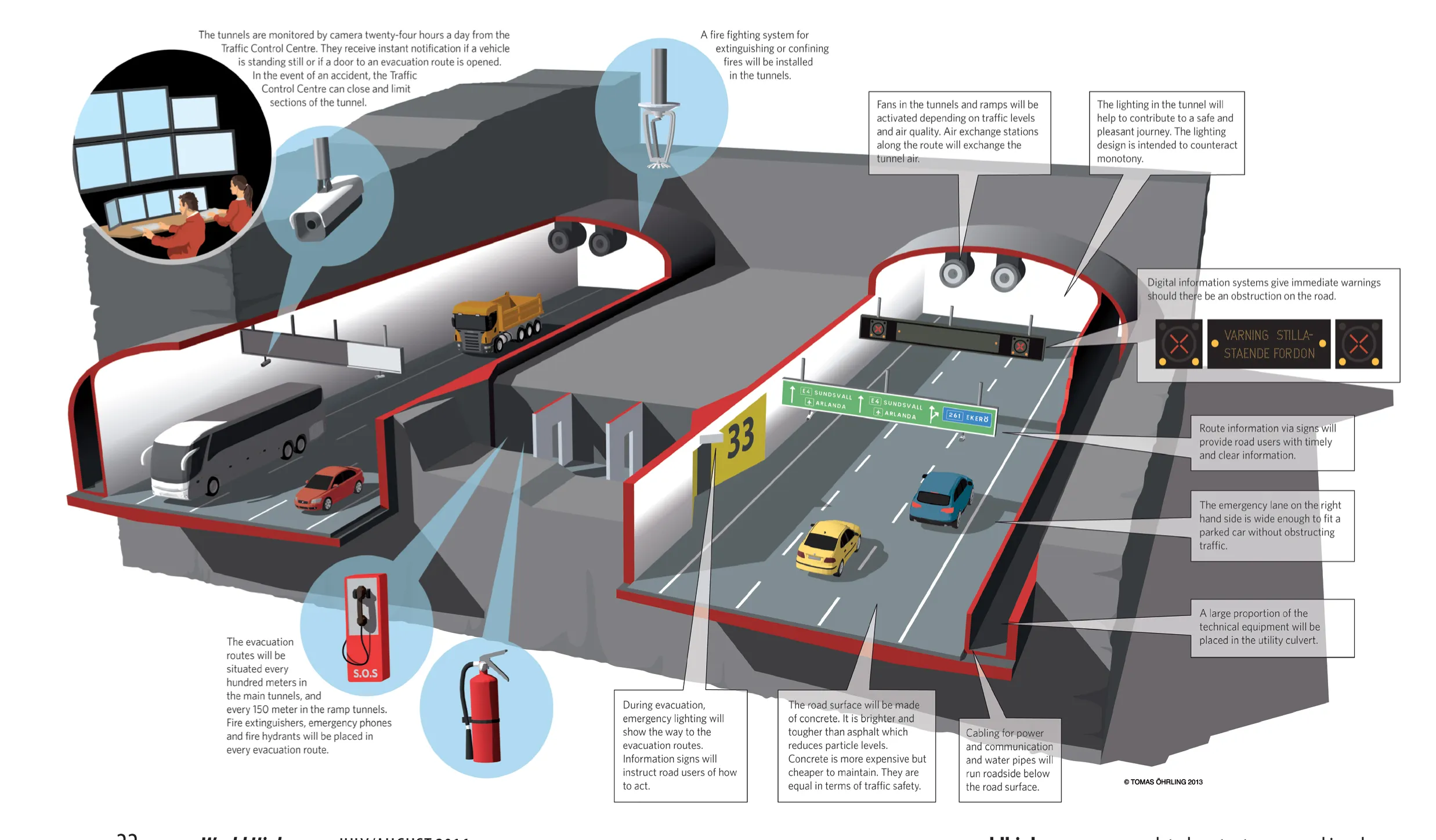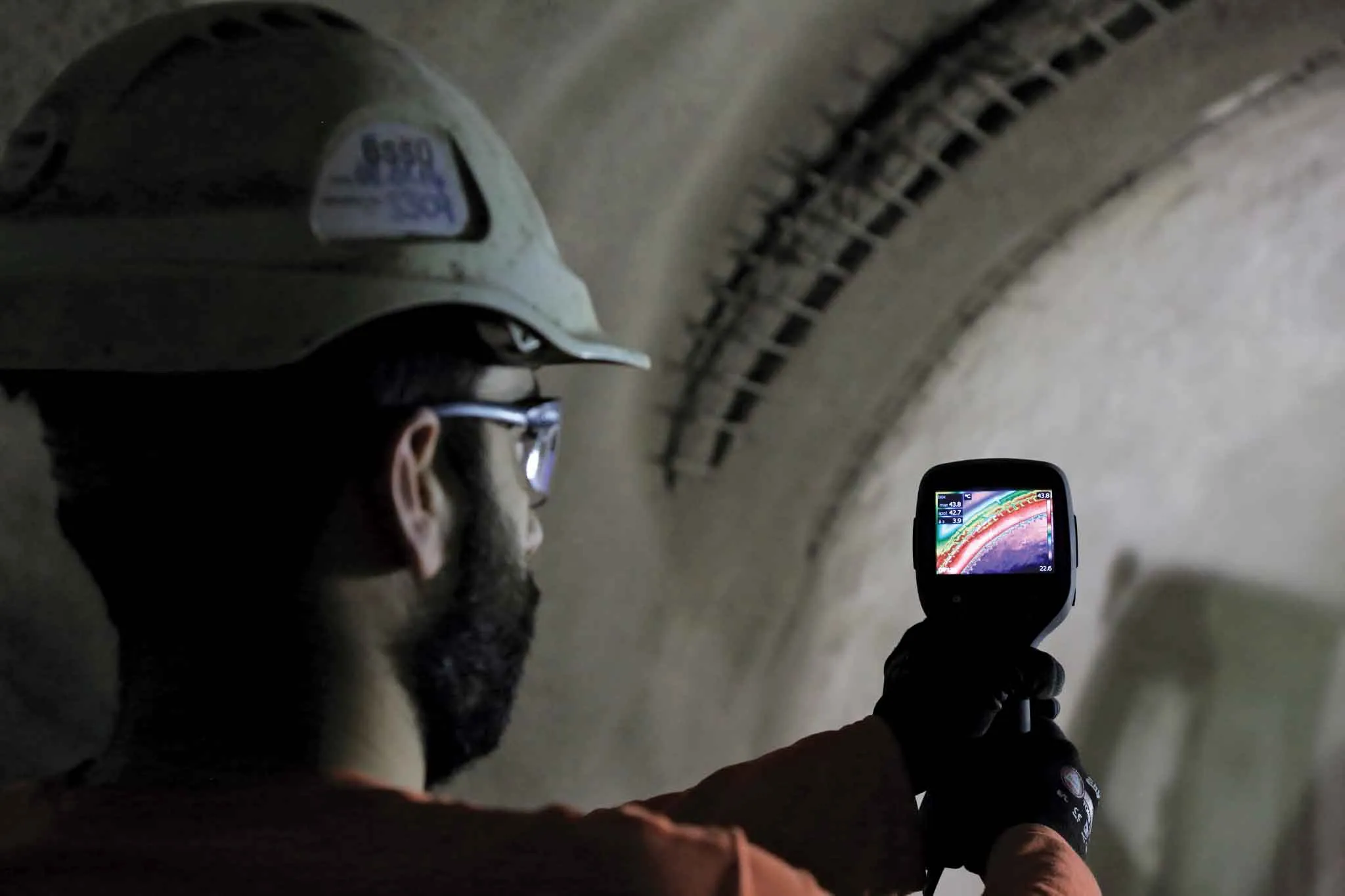Bridges in seven European countries are part of a three-and-a-half-year programme to develop an inexpensive and low-power wireless structural health monitoring technique. Project SENSKIN, launched last summer in Athens, will run until December 2018. It is focussed on applying a skin-like sensor that offers spatial sensing of irregular surfaces, especially transportation bridges. Up to now, structural health monitoring has relied on a point-based system that requires a dense network of sensors over the bridg
January 19, 2016
Read time: 2 mins
Bridges in seven European countries are part of a three-and-a-half-year programme to develop an inexpensive and low-power wireless structural health monitoring technique.
Project SENSKIN, launched last summer in Athens, will run until December 2018. It is focussed on applying a skin-like sensor that offers spatial sensing of irregular surfaces, especially transportation bridges.
Up to now, structural health monitoring has relied on a point-based system that requires a dense network of sensors over the bridge, a costly exercise. Conventional sensors may also fail under relatively low stresses and their communication system is unreliable in extreme service conditions.
Because of this, they are not a foolproof alarm of an imminent structural collapse.
However, SENSKIN will be able to withstand and monitor large strains and to self-monitor and report. Emerging Delay Tolerant Networks technology will be used so that sensor output is transmitted even under difficult conditions, such as during an earthquake that would eliminate some communication networks.
SENSKIN will be supported by a decision-support system for “proactive condition-based structural intervention under operating loads and intervention after extreme events”, according to a statement from the project coordinating group, the Institute of Communication and Computer Systems, based at the Democritus University of Thrace in Greece.
Project SENSKIN, launched last summer in Athens, will run until December 2018. It is focussed on applying a skin-like sensor that offers spatial sensing of irregular surfaces, especially transportation bridges.
Up to now, structural health monitoring has relied on a point-based system that requires a dense network of sensors over the bridge, a costly exercise. Conventional sensors may also fail under relatively low stresses and their communication system is unreliable in extreme service conditions.
Because of this, they are not a foolproof alarm of an imminent structural collapse.
However, SENSKIN will be able to withstand and monitor large strains and to self-monitor and report. Emerging Delay Tolerant Networks technology will be used so that sensor output is transmitted even under difficult conditions, such as during an earthquake that would eliminate some communication networks.
SENSKIN will be supported by a decision-support system for “proactive condition-based structural intervention under operating loads and intervention after extreme events”, according to a statement from the project coordinating group, the Institute of Communication and Computer Systems, based at the Democritus University of Thrace in Greece.








